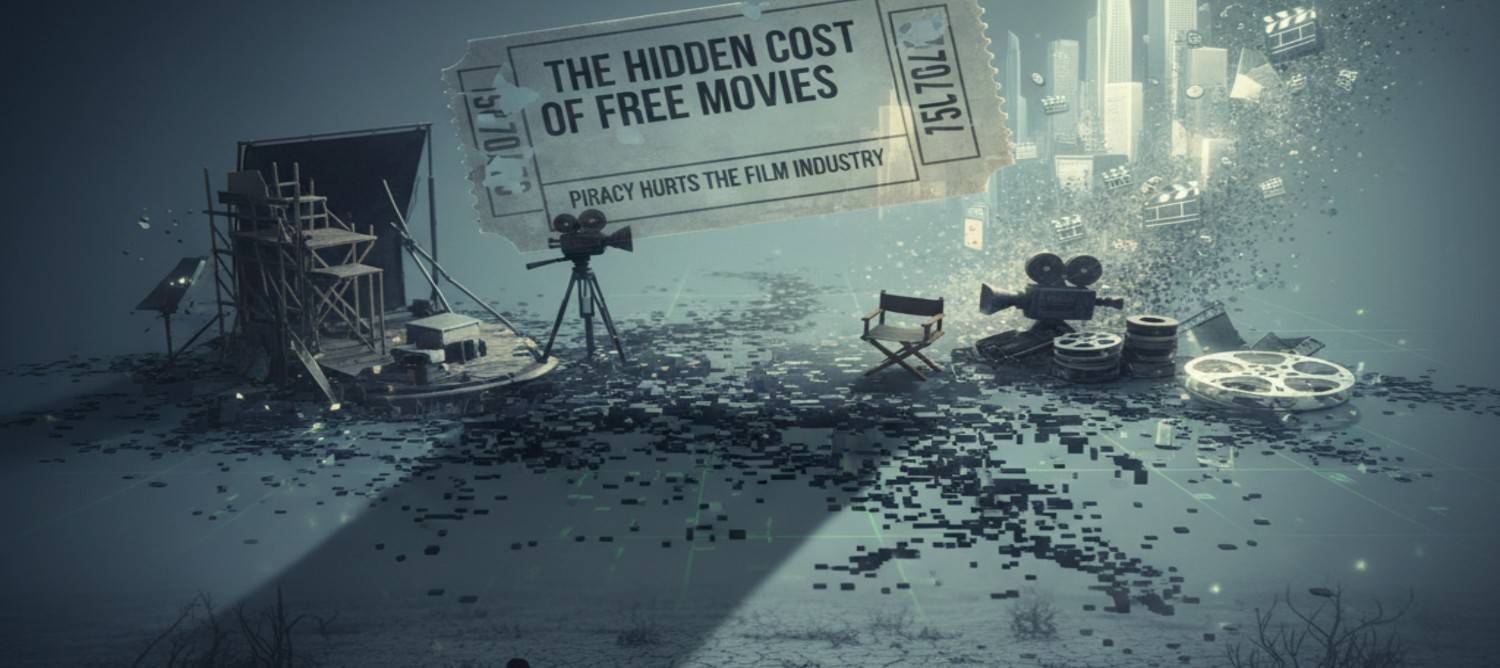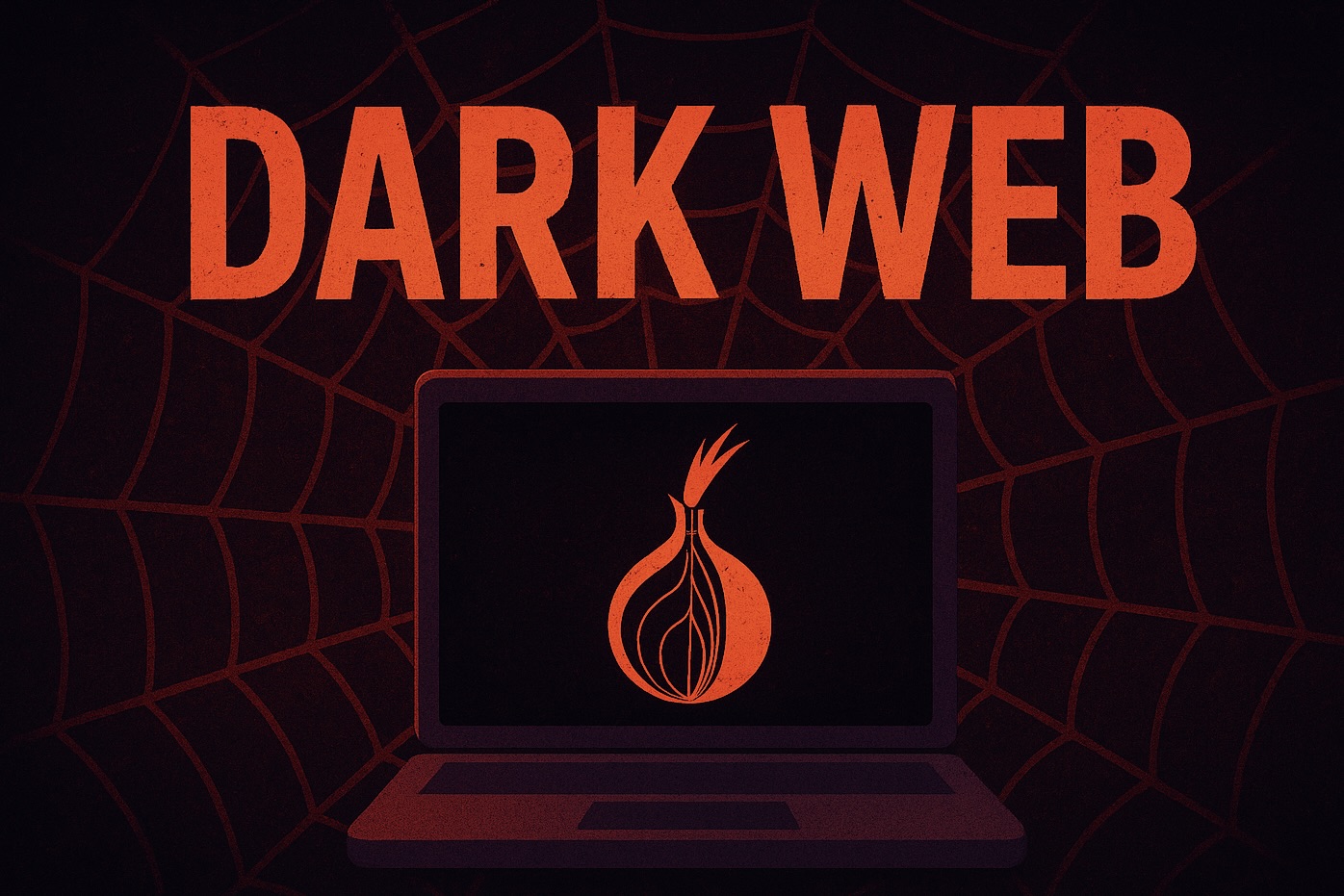The Hidden Cost of Free Movies: How Piracy Hurts the Film Industry

We’ve all been there. A new movie everyone’s talking about, and the thought crosses your mind: “I could probably find this online for free.” In an age where almost anything is accessible with a few clicks, the allure of “free” entertainment is undeniably strong. But beneath the surface of that quick download or stream lies a significant, often invisible, cost that profoundly impacts the very industry we claim to love: the film industry. Piracy isn’t a victimless crime; it’s a slow, insidious drain that erodes livelihoods, stifles creativity, and ultimately, diminishes the magic of cinema.
Think about it for a moment. A single film, from its initial spark of an idea to its grand premiere, is a colossal undertaking. It involves hundreds, sometimes thousands, of dedicated individuals. Screenwriters pour their hearts into crafting compelling narratives, directors meticulously orchestrate every shot, actors dedicate themselves to embodying characters, and countless crew members – cinematographers, editors, sound designers, costume designers, set builders, special effects artists – work tirelessly behind the scenes. Each one of them, from the biggest star to the newest intern, relies on the revenue generated by ticket sales, legitimate streaming subscriptions, and official home media releases to make a living. When a movie is pirated, that revenue stream is cut off, directly impacting their ability to put food on the table, pay their rent, and continue pursuing their passion.
It’s not just about the “big studios” either. While blockbusters might seem impervious to these losses, independent filmmakers and smaller production companies are often hit the hardest. These are the creators pushing boundaries, telling unique stories, and bringing diverse voices to the screen. They operate on much tighter margins, and every pirated copy represents a significant blow to their already fragile budgets. A successful independent film can launch careers and inspire new waves of storytelling, but if piracy prevents it from recouping its costs, future projects become a distant dream.
The financial fallout extends far beyond individual paychecks. Film studios invest massive amounts of capital into developing, producing, and marketing their movies. This investment fuels technological innovation, drives job creation in various sectors, and contributes significantly to local and national economies. When piracy erodes box office numbers and legitimate sales, it directly reduces the funds available for future productions. This means fewer films get made, fewer risks are taken, and ultimately, the variety and quality of cinematic offerings decline. Why would an investor back a groundbreaking, ambitious project if they know a substantial portion of its potential earnings will be siphoned off by illegal distribution?
Moreover, piracy discourages innovation and artistic risk-taking. Filmmakers, like any artists, want their work to be seen and appreciated, but they also need to be compensated for their efforts. If the reward for months or even years of painstaking work is diminished by widespread theft, what incentive is there to push boundaries, to craft visually stunning worlds, or to tell complex, challenging stories? The easy route becomes the safer bet, leading to a more homogenized and less inspiring cinematic landscape.
Some might argue that piracy is just a form of “sampling” or that it doesn’t really affect the industry because most people who pirate wouldn’t pay anyway. This argument, however, largely misses the point. Even if a small percentage of pirates would have paid for the content, those lost sales accumulate rapidly. And more importantly, it normalizes the idea that creative work has no inherent value, that it should be freely consumed without fair compensation to its creators. This mindset is corrosive to any creative industry.
The solution isn’t simple, but it starts with a shift in perspective. As consumers, we have a crucial role to play. Choosing legitimate avenues to watch movies – whether it’s going to the cinema, subscribing to reputable streaming services, or purchasing official releases – is a direct vote of confidence in the artists and technicians who bring these stories to life. It’s an acknowledgement that their work has value, and that we want to see more of it.
Ultimately, every time we choose a pirated film, we’re not just getting a “free” movie. We’re unknowingly contributing to a system that undermines the very industry that provides us with entertainment, inspiration, and escapism. The magic of cinema is a fragile thing, built on passion, talent, and countless hours of dedicated work. Let’s ensure we help protect it, rather than inadvertently diminish its future.

